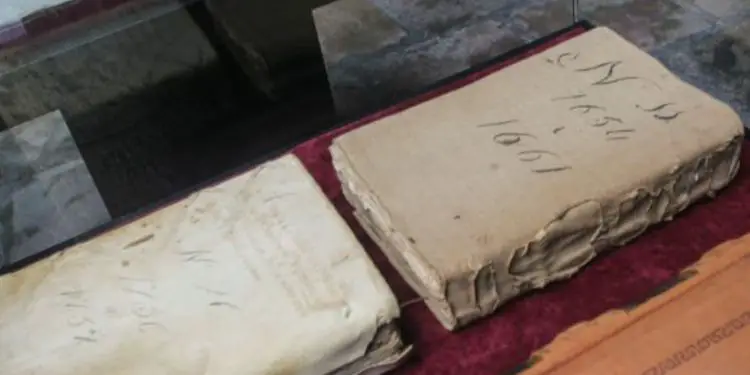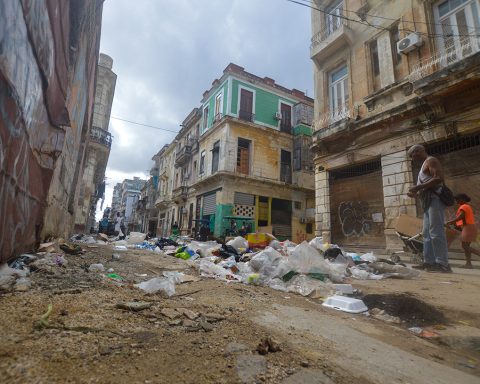MIAMI, United States. – On May 18, 2023, the Chapter Acts of the Havana City Council and the cuban movie poster collection They were declared Documentary Heritage of Humanity and registered in UNESCO’s Memory of the World Program, as confirmed by the entity itself.
During the session of the Commission for Program and External Relations of the 216th session of the Executive Board of UNESCO, the a total of 64 registration proposalsincluding the two from Cuba.
The Chapter Acts of the Havana City Council constitute an active-administrative documentary set of the acts of the Government of the city from its foundation to the present, as indicated a note from the Cuban News Agency (ACN).
“Four centuries of history of a city are revealed in the documentary series Actas del Ayuntamiento de La Habana (…). These are the most original, unique and ancient documents that are treasured in the Historical Archive of the Office of the Historian of Havana in 273 books and that served as motivation for Dr. Emilio Roig de Leuchsenring to create the Municipal Historical Archive in 1938”, Pray for your part the summary available on the UNESCO website.
The entity also specifies that “this documentary series is divided into two groups or subseries: the original books (1550-1898) and the transcription books (1550-1809). The former stand out for their wealth of content and form; the latter for recording the work of the City Council to guarantee the durability over time of this type of documentaries, since they were copies made in the second half of the 19th century”.
Grisel Terrón, director of Museums of the Office of the Historian of the City of Havana (OHCH), explained to the ACN that the Historical Archive of the entity rescued these documents in 1930 under the direction of Emilio Roig, the first historian of Havana, and they were preserved and developed by his disciple Eusebio Leal Spengler.
The Capitular Acts not only stand out for their content and form, they also constitute evidence of ways of doing and ways of saying, they are genuine material for paleographic, linguistic, calligraphic, and idiomatic studies, as well as for content investigations of the quality of the paper, the inks, bindings, according to details Latin Press.
The documentary set, according to the same sources, allows us to understand local history, the exchange between the Spanish metropolis and its colony and discover the world’s ties with Cuba, offering an invaluable historical treasure that is now recognized by UNESCO as Documentary Heritage of the Humanity.
This is not the first time that Cuba has seen its documentary treasures recognized by UNESCO. Among them are the negatives of the Latin American ICAIC (Cuban Institute of Cinematographic Art and Industry) Newscast, the José Martí Fund and the original manuscripts on the life and work of the guerrilla fighter Ernesto Guevara de la Serna.















